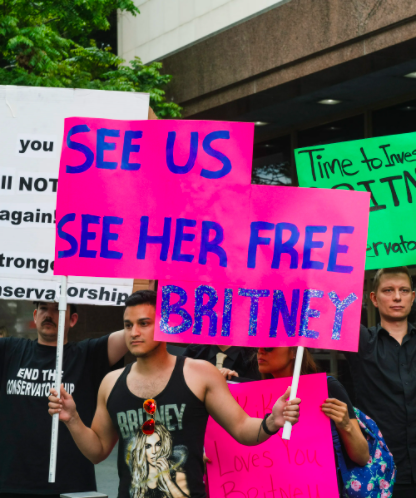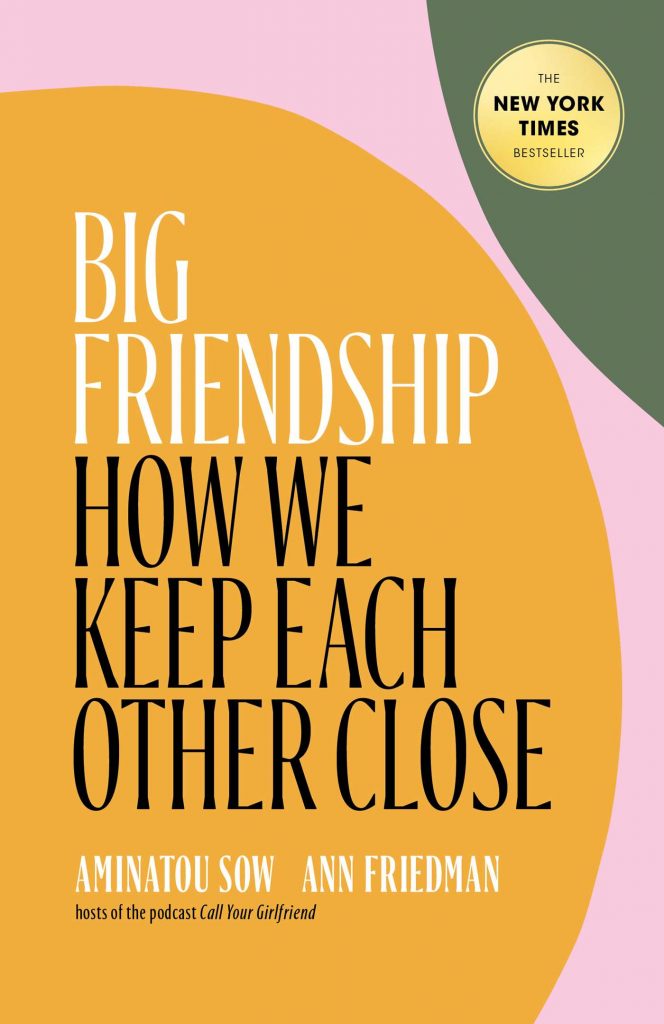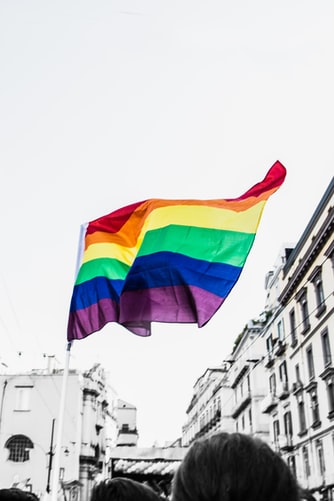
©Andrew Cullen, The New York Times
When I first started working on this post in January, the spin was a bit different. My jumping off points were the wild gossip mill stories that wrapped up 2020 and then launched 2021: the journalist who ruined her life for the much-despised (and imprisoned) pharma bro Martin Shkreli, the truly bizarre (and unfounded) rumours of Kanye West’s affair with makeup guru Jeffree Star, Hilaria Baldwin faking a Spanish accent for years, and the still-developing Armie Hammer cannibal stuff (please exercise caution when reading this story!). Throw in the political circus of an actual attempted coup on the US Capitol, and the headlines of 2021 seemed to be Mad Libs generated. The world is a glitching simulator, and we’re just living in it.
The truth about me is that I live for gossip and scandal—like Marie Kondo says, I love mess. But there is a threshold for scandalous entertainment. For example, the Caroline Calloway or Fyre Fest stories from 2019 were compelling in the way they revealed the blithe incompetence of wealthy influencers. Or the Tiger King circus from last year, which single-handedly saved our collective sanity at the beginning of quarantine. In these kinds of scandals, the people involved are dopes or straight up criminals; the stories are schadenfreude–inducing in the distribution of karma to terrible people. But scandals become not so fun when they affect innocent people (or animals, in the darker side of Tiger King). Once the Armie Hammer allegations started to veer beyond kink into potentially dangerous abuse, the story lost its giggly water-cooler gossip status. Instead, what emerged was a story of generational depravity hidden behind the veneer of Old Money, the case for which was made stronger by the publication of Surviving My Birthright by Casey Hammer, Armie’s aunt.
I officially decided to rewrite this post after watching the New York Times–produced Britney Spears documentary Framing Britney Spears, which, as its title suggests, adjusts the picture of the popstar’s mental health struggles as we’ve come to understand them. There’s been a lot of handwringing over who exactly is to blame for her descent in the mid-late 2000s, which famously culminated with a bald-headed Spears attacking a paparazzo’s car with an umbrella. Anyone who remembers 2007 will recall the Wild West days of paparazzi culture, which was demonized even then as harassment but which was allowed to continue because, well, money. While we may all have been somewhat complicit in this culture, just by virtue of living in it, I’d say some are more culpable than others. Paparazzi are the scum of society, no doubt, but tabloids like Us Weekly were the ones forking over millions of dollars for a single photo of Lindsay Lohan getting out of a car.
 I have a distinct childhood memory of being at some older cousin’s wedding, listening to the Maid of
I have a distinct childhood memory of being at some older cousin’s wedding, listening to the Maid of  As we all know, June is Pride Month. And a
As we all know, June is Pride Month. And a